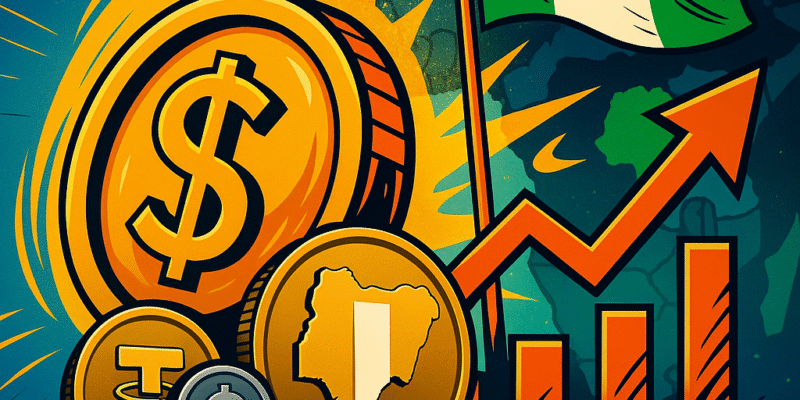Nigeria has become a laboratory for digital finance in Africa. From topping global crypto adoption charts to testing the eNaira, the country has never shied away from experimentation. Yet despite this energy, there is still no Nigerian stablecoin that carries both regulatory approval and broad market trust.
Stablecoins worldwide are maturing into serious financial tools. USDC and Tether dominate cross-border trade and liquidity pools, while PayPal’s PYUSD shows how large payment firms are stepping into the space. Policymakers in the U.S., Japan, and Europe are now designing rules to integrate stablecoins into regulated finance. Nigeria’s absence from this race risks leaving its economy dependent on external tokens, an uncomfortable position for Africa’s largest economy.
Nigeria has a young, tech-savvy population and a thriving fintech ecosystem, but most rely on foreign stablecoins for settlements and reserves. A credible Nigeria stablecoin would do more than replicate global models. It could be designed with naira integration, local compliance, and remittance corridors in mind, addressing pain points that foreign tokens cannot.
Economic logic supports this, Nigeria receives over $20 billion annually in remittances, with much of it eaten up by fees. Stablecoins can cut those costs dramatically while speeding up transfers. For small businesses, they offer more reliable cross-border payments and a hedge against local currency volatility. For regulators, a domestic framework ensures oversight, consumer protection, and the chance to capture value that currently flows abroad.
Yet credibility is the hurdle. The collapse of TerraUSD showed how poorly designed projects can implode. To succeed, a Nigerian stablecoin must be fully collateralised, audited, and transparent. Partnerships with established custodians and integration with local banks would be essential. This is less about technology than about governance, compliance, and building trust step by step.
The Africa Stablecoin Network (ASN) is already convening these conversations. Its Lagos Stablecoin Leadership Breakfast (October 6, 2025) and West Africa Stablecoin Summit (November 19–20, 2025) will bring regulators, entrepreneurs, and investors to the same table. These aren’t just conferences. They are forums where Nigeria’s stablecoin vision can shift from theory to practice.
The path forward demands collaboration. Government must craft clear rules, innovators must design responsibly, and investors must insist on transparency. Done right, a Nigerian stablecoin could deliver more than stability. It could position the country as Africa’s leader in digital money, strengthening both domestic finance and its global influence.
Be part of shaping the future. Join ASN at LSLB and WASS, get your tickets today.

Comments